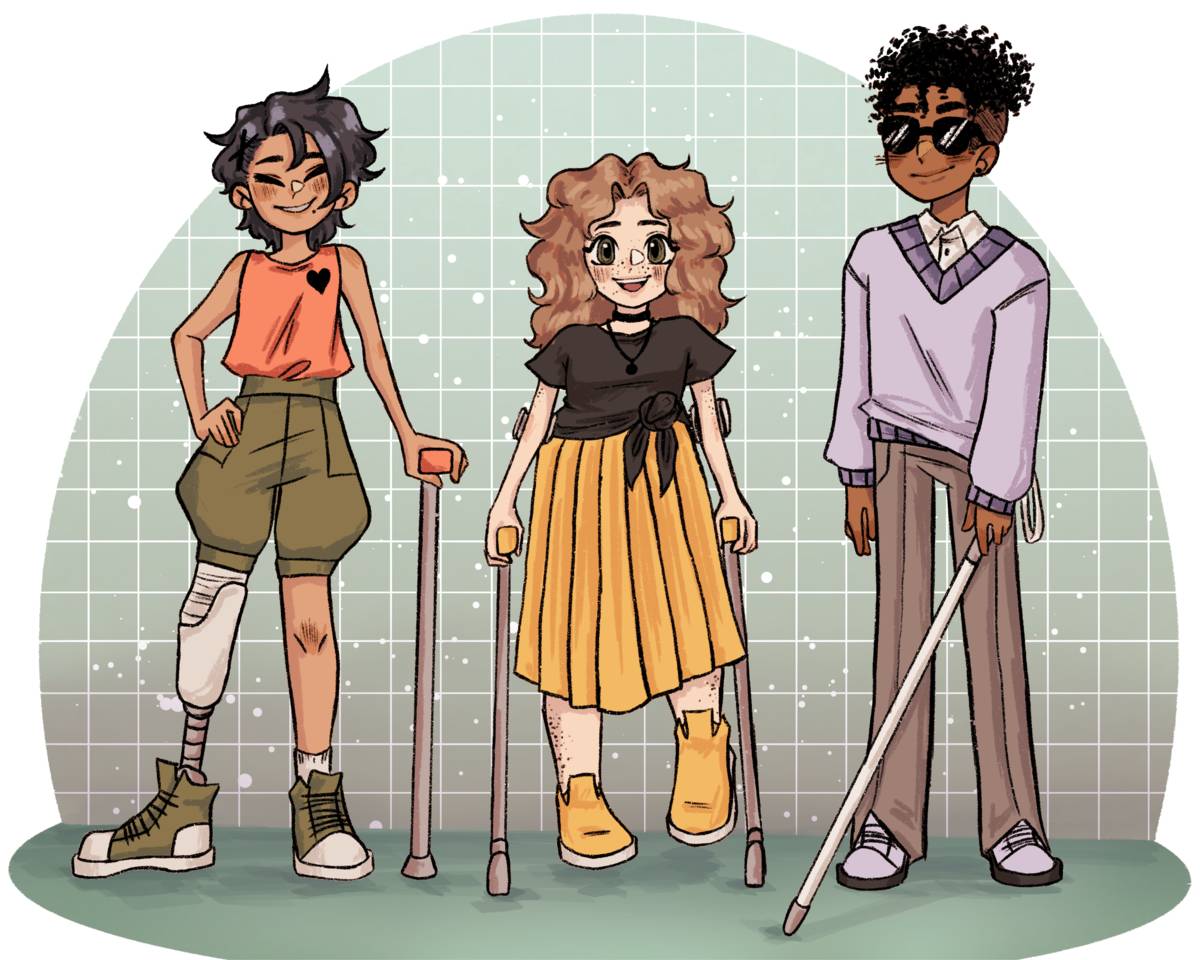As a heart of community-building and expression for students with disabilities on campus, UT’s Disability Cultural Center has undergone significant growth since its establishment last year.
With the help of student advocacy groups, the center first opened its doors last January intending to provide a space where disabilities can be viewed as both a culture and identity, founding director Emily Shryock said. One year later, she said they have been able to both expand on previously existing programs that were formerly hosted by Disability and Access and offer a variety of new programs and resources.
Since its founding, the center has worked to provide opportunities that focus on both community building and disability education and advocacy, Shryock said.
“Every semester, we’ve tried some new thing,” Shryock said. “When you’re a new center, you have the freedom and flexibility to do that, and really, that’s based on what we’re hearing from the UT community. What do folks want and need? Where is there a gap in what’s being provided?”
This spring, the center introduced its new ADHD Cohort and one-on-one support sessions, the latest additions to an expanding repertoire of programs. Shryock said this growth is made possible with the help of a small staff of graduate assistants, undergraduate student ambassadors and program interns.
“What we’re able to create and provide is directly related to the support that we have,” Shryock said. “Now with having a support team of four student staff, we’ve been able to really increase the work that we’ve been able to do.”
Government freshman Abril Dominguez-Baca first began her role as a student ambassador this January and said she has already found a home within the center’s tight-knit community.
“The community is so inclusive, it’s just a big hug when you go into the activities,” Dominguez-Baca said. “I think we do a good job in creating that environment, and of course, the people who attend serve the biggest part. We only do it for them.”
In addition to its new programs, the center also has physical changes in the works. It will soon relocate from its current space on the third floor of the Student Services Building to a more accessible first-floor office, Dominguez-Baca said.
“I think that’s our biggest accomplishment yet,” Dominguez-Baca said. “That’s something that we’re really proud of.”
As the center continues to grow, Shryock said it is important to acknowledge that anyone is welcome within its doors, regardless of whether they identify as disabled.
“We want to make sure that everybody feels like they have a place in this center,” Shryock said. “Whether you’re coming in with a lot of knowledge or you come in with no knowledge, we want to meet you where you are, and help folks think about disability from that different perspective and give tools and resources so that we can all work towards making campus a more accessible place.”













